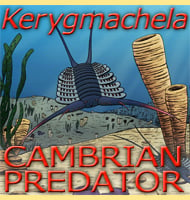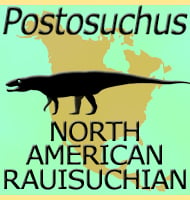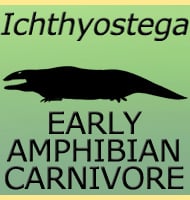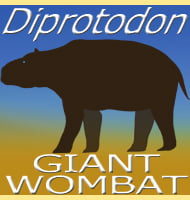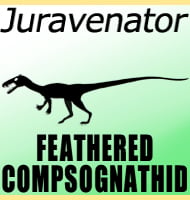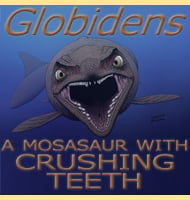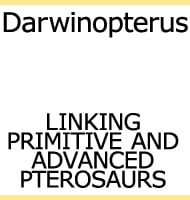In Depth
Loricatosaurus was named as part of a study that concluded that the type species of Lexovisaurus was based upon un-diagnostic material, and that other remains cannot be attributed to it. Although many palaeontologists still treat Lexovisaurus as a valid genus, many of the fossils once assigned to it have now been named as new genera, and Loricatosaurus is one of these. In naming the type species, the describers referenced the older associated name of ‘Stegosaurus’ priscus which was established by Franz Nopcsa in 1911. When known as Lexovisaurus, Loricatosaurus was thought to have a large spine on each shoulder, but now these spines are thought to belong to the arrangement of spikes on the end of the tail known as a thagomizer.
Further Reading
- Systematics and phylogeny of Stegosauria (Dinosauria: Ornithischia), Susannah C. R. Maidment, David B. Norman, Paul M. Barret & Paul Upchurch - 2008.

